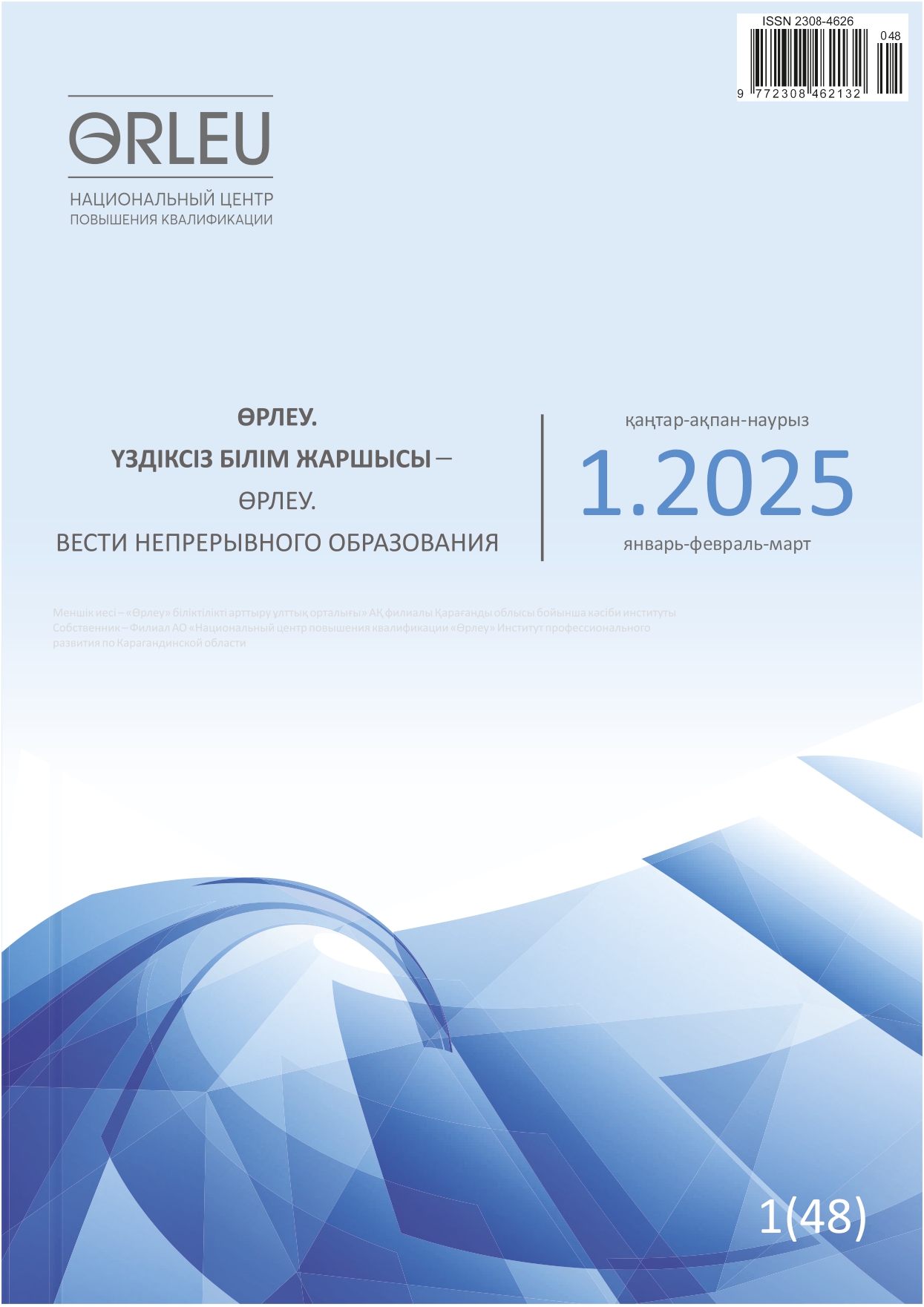Abstract
The article examines the influence of constructivist and transmissive mentoring approaches on the development of self-efficacy of beginning teachers. The main problem lies in the lack of knowledge of the effectiveness of various approaches in the context of increasing professional confidence and the ability of novice teachers to self-manage in the educational process. In the context of changes in educational standards, there is a need to optimize approaches to mentoring in order to improve the quality of teaching. The purpose of the study is to analyze the impact of constructivist and transmissive mentoring approaches on the self-efficacy of beginning teachers in Kazakhstan and to identify factors contributing to their professional development. Research methods include comparative analysis, interviews with mentors and aspiring teachers, as well as questionnaires to assess the level of self-efficacy. The article is based on theoretical analysis and empirical data collected during observations and surveys. The results showed that the constructivist approach has a more significant impact on the development of self-efficacy of beginning teachers compared with the transmissive approach. A "mismatch effect" was identified, in which constructivist mentoring proved to be most effective if it coincided with the positive views of the mentees on teaching. In cases where the mentoring style did not match the pedagogical beliefs of the students, cognitive dissonance arose, prompting novice teachers to reconsider their views and practices, which contributed to increasing their self-effectiveness. The results emphasize the importance of choosing appropriate mentoring methods to form a stable professional position for aspiring teachers.


